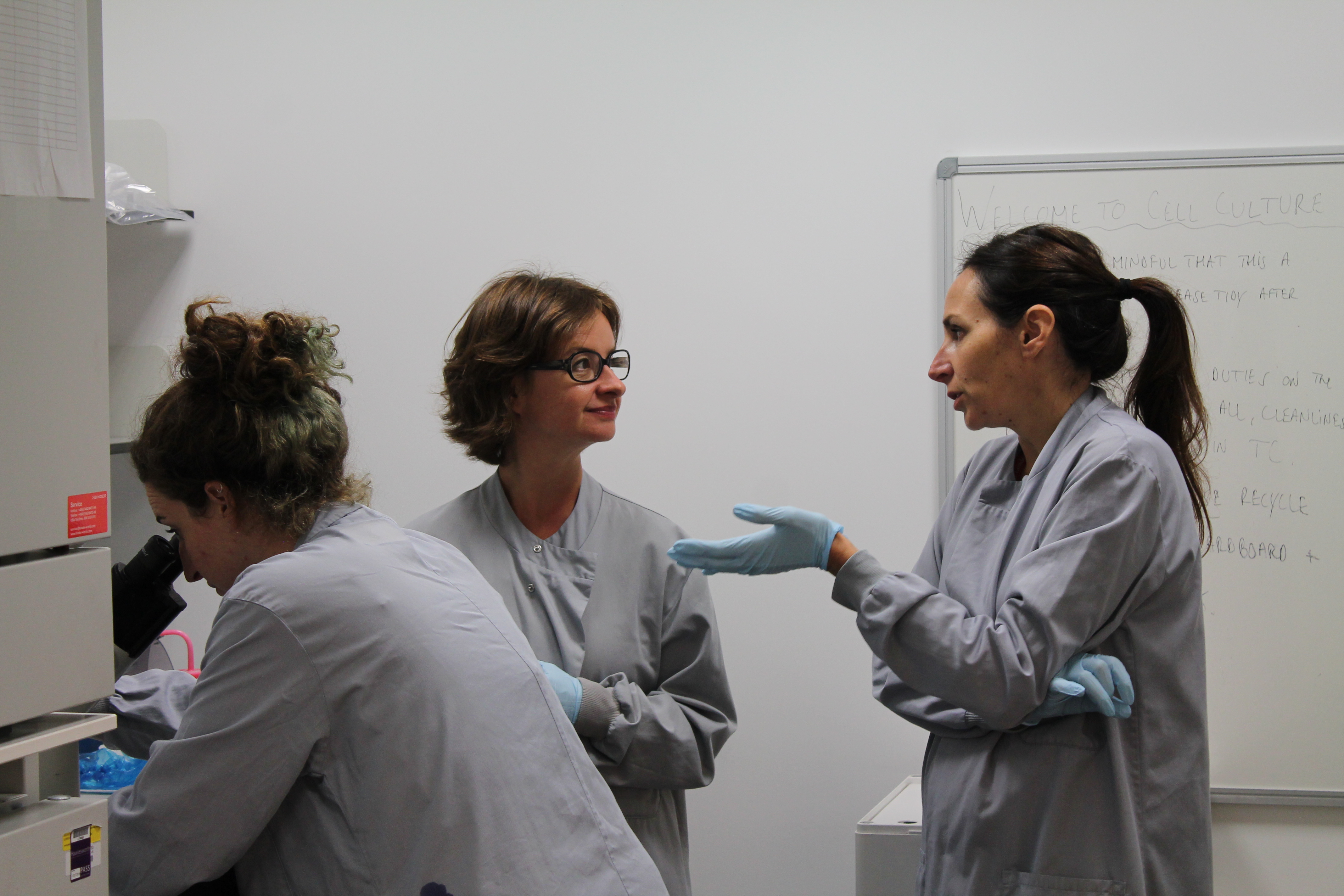









Chewing and sustained attention
Chewing is a normal part of eating behaviour. Its function is to break down food into smaller particles and mix them with saliva in preparation for swallowing and digestion. So why do people chew substrates that are apparently dissociated from eating?

Does chewing ability influence cognitive and systemic health during aging?
There is a growing body of literature which suggests that oral health and mastication can influence cognitive and systemic health during aging. However, it is currently unclear whether oral health, masticatory efficiency, cognitive health and systemic health merely deteriorate independently with age, or whether mechanisms exist linking mastication to cognitive and systemic health directly. In a recent paper published in the journal Physiology & Behavior, Jon Day and colleagues review the extent to which reduced mastication influences cognitive and systemic health during aging.
Read more “Does chewing ability influence cognitive and systemic health during aging?”
